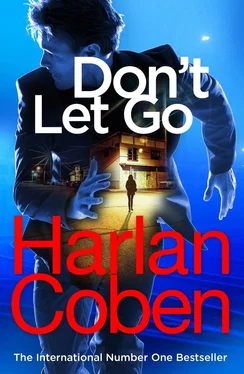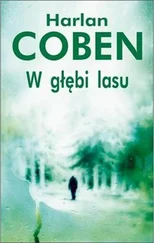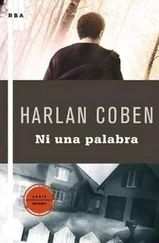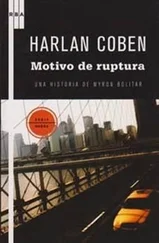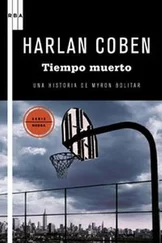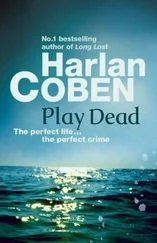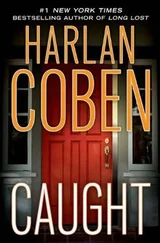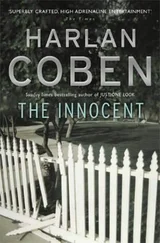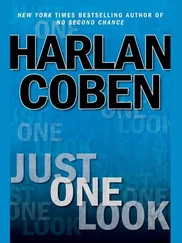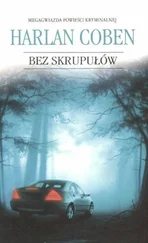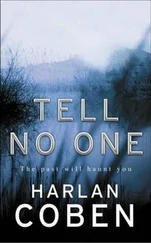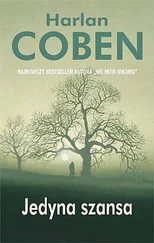Augie waits for my reaction. My nod tells all. We both look to the spot where Dad would be sitting if he were with us. The longing vibrates deep in my chest. He would have loved this moment. He’d have savored both this wine and this company.
Dad was the pure definition of what the French label joie de vivre, which roughly translated means “exuberant enjoyment of life.” I’m not sure about that definition. My own experience is that the French love to feel. They take in the full experience of great loves and great tragedies without backing down or crouching into some sort of defensive stance. If life is going to punch them in the face, they stick their chins out and savor the moment. That is living life to the fullest.
Dad was like that.
And that’s why I would be a great disappointment to him, Leo.
So maybe in the important things, I’m not a Francophile at all.
“So what’s on your mind, Nap?”
I start with Rex’s murder and then hit him with Maura’s fingerprints. Augie drinks his wine with a little too much care. I finish the story.
I wait. He waits. Cops know how to wait.
Finally, I say, “So what do you make of it?”
Augie rises from his seat. “Not my case. Ergo not my job to make something out of it. But at least you know now.”
“Know what?”
“Something about Maura.”
“Not much,” I say.
“No, not much.”
I say nothing, take a sip.
“Let me take a wild guess,” Augie says to me. “Somehow you think this murder has something to do with Diana and Leo.”
“I don’t know if I’m willing to go that far yet,” I say.
Augie sighs. “What have you got?”
“Rex knew Leo.”
“He probably knew Diana too. You were all in the same class, right? It’s not that big a town.”
“There’s more to it.”
I reach into my bag and pull out the yearbook. Augie takes it from my hand.
“Pink Post-it notes?”
“Ellie,” I say.
“Should have known. So why are you showing me this?”
As I explain about the pins and the Conspiracy Club, an amused smile comes to his lips. When I finish he says, “So what’s your theory, Nap?”
I say nothing. His smile grows.
“Do you think that this Conspiracy Club uncovered a great big scary secret about a secret military base?” he asks. He starts waving his fingers around like he’s casting a spell. “A secret so terrible that, what, Diana and Leo had to be silenced? Is that how your theory goes, Nap?”
I take another sip of wine. He starts to pace, flipping to the pages marked off with the Post-it notes.
“And now, fifteen years later, Rex for some odd reason needs to be silenced too. Odd he didn’t have to be silenced back then, but whatever. Suddenly, secret agents are dispatched to take him out.”
Augie stops and stares at me.
“Are you enjoying this?” I ask.
“A little, I guess.”
He opens up to another page with a pink Post-it note. “Beth Lashley. Is she dead too?”
“No, I don’t think so. I haven’t found anything on her yet.”
Augie frantically flips to another page. “Oh, and Hank Stroud. Well, we know he’s still in town. Not all there, I admit, but the bogeymen haven’t taken him out yet.”
He flips the page once again, but this time he freezes. The room is silent now. I look at his eyes and I wonder whether coming here was wise. I can’t see the exact page he’s looking at, but I can tell that it’s a page toward the back. So I know. His expression doesn’t change, but everything else does. Pain creases his face. There is a small shake in his hand now. I want to say something comforting, but I know that this is one of the moments when words would be like an appendix — superfluous or harmful.
So I shut up.
I wait as Augie stares at the photograph of his seventeen-year-old daughter, who never came home that night. When he finally speaks again, it’s like something heavy is sitting on his chest.
“They were just kids, Nap.”
I can feel my grip on the glass tighten.
“Stupid, inexperienced kids. They drank too much. They mixed pills with the alcohol. It was dark. It was late. Were they just standing on the tracks? Were they running down them, laughing and high, and never knew? Were they playing chicken with the train, trying to jump across the tracks, the same game that killed Jimmy Riccio back in 1973? I don’t know, Nap. I wish I did. I wish I knew exactly what happened. I want to know if Diana suffered — or was it quick? I want to know if she turned at the last second and knew that her life was about to end or if she was oblivious when she died. See, my one job, my only job, was to protect her, and I let her go out that night, and so I wonder if she was scared that night. I wonder if she knew that she was going to die — and if she did, did she call out my name? Did she yell for her father? Did she hope that somehow maybe I’d be able to save her?”
I don’t move. I can’t move.
“You’re going to look into this, aren’t you?”
I manage to nod. Then I’m able to say, “Yeah.”
He hands me the yearbook and starts out of the room. “Maybe you should do it on your own.”
So I start to look into it on my own.
I call Essex Pines Medical Center and get one of Hank’s doctors on the line surprisingly fast. He says, “You know about HIPAA and patient confidentiality, right?”
“Right.”
“So I can’t tell you anything about his condition.”
“I just want to talk to him,” I say.
“He’s an outpatient.”
“I’m aware of that.”
“Then you’re aware that means he doesn’t live here.”
Everyone’s a wiseass. “Doctor... I’m sorry I missed your name.”
“Bauer. Why?”
“Just so I know who’s jerking me around.”
Silence.
“I’m a police officer and I’m trying to find Hank. Do you have any idea where he might be?”
“None.”
“Do you have an address for him?”
“He’s only given us a PO box in Westbridge. And before you ask, there are rules that prevent me from telling you that Hank usually comes to Essex Pines three to five days a week, but he hasn’t been here in over two weeks.”
Two weeks. Dr. Bauer hangs up. I let him. I have another idea.
I stand by the basketball courts located off the oval in front of Westbridge High School and listen to the sweet echo of a ball against asphalt at twilight. What is in front of me is a thing of beauty called “pickup basketball.” There are no uniforms, no coaches, no set teams, no referees. Sometimes the white line is out-of-bounds on the baselines, sometimes it’s the chain-link fence. You start the game with a check at the top of the key. Winners stay on, you call your own fouls. Some of these people are friends, some strangers. Some have important jobs, some are barely getting by. Tall, short, fat, thin, all races, creeds, religions. One guy is wearing a turban. None of that matters here. It’s all about how you ball. Some trash talk, some stay quiet. You know about planned playdates. You know about adult leagues. This — pickup basketball — is the wonderfully anarchistic and archaic opposite.
I hear the grunts, the guys calling out picks, the staccato shuffling of sneakers. Ten guys are playing — five on five. There are three guys on the sidelines waiting. A fourth approaches and asks, “You got next?” The guys nod.
I recognize about half the players. Some I know from high school. Some are neighbors. The guy who runs the town lacrosse program is out there. Many of these guys work in the financial community, but I also spot two high school teachers.
I don’t see Hank.
As the game comes to an end — they are playing to ten by ones — a tall man I know parks and gets out of his car. One of the four waiting quickly points and calls out, “We got Myron!” The other guys start hooting and hollering at Myron. Myron smiles back sheepishly.
Читать дальше
